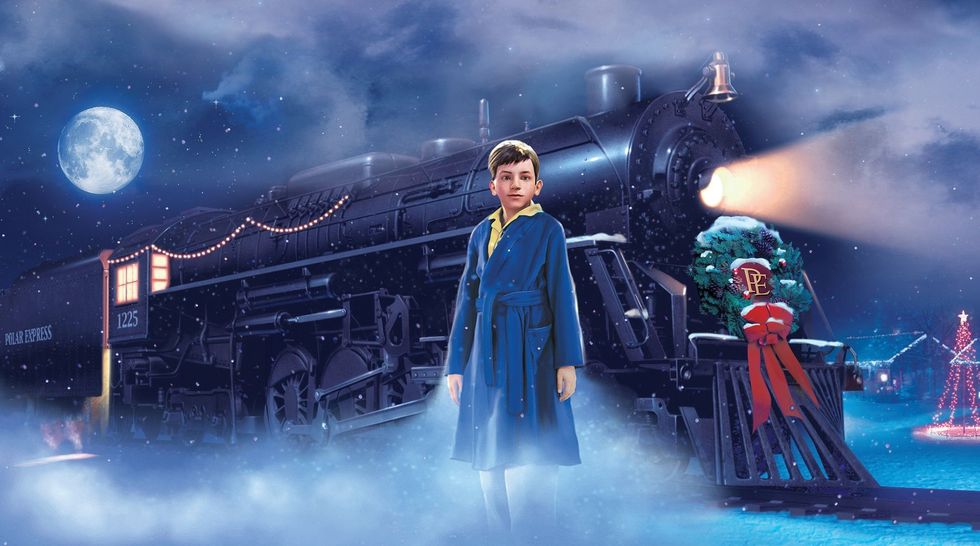As the Christmas season rolls around again everyone snuggles down to watch their favorite Christmas films. For me, "The Polar Express" was on the top of my list. I had recently seen a post on Instagram that commented on the decision of the screenwriters to leave all of the character nameless. Reading this, I was reminded of how Tom Hanks plays multiple parts in the movie. These two unique elements of the film made me realize that this seemingly simple movie about a boy visiting the North Pole on a magical train is actually much more complex.
First, I would like to remark on the religious undertones of the movie. The central theme of the film is "Believe." The main character is challenged to have belief in what cannot be seen. This idea is shown through the ghost hobo who saves the little boy's life many times, yet disappears shortly after. This theme is also shown when the conductor says, "Seeing is believing, but sometimes the most real things in the world are the things we can't see." I was struck by how this line seemed to be blatantly communicating a basic religious and spiritual principle. Further, developing this theme of religion, the "know it all kid" seemed to be a sinner, so to speak, who, by the end of the film was redeemed and could repent for his sins. I am sure that I could go on further about specific details of the film that seemed to be biblical references, but there are too many instances. After watching the movie, I was excited about this new revelation, but found out that the screenwriters did not intend for there to be any religious undertones. Yet, allegedly, the marketing team did target the Christian population, specifically Evangelicals, when promoting the movie.
Next, I contemplated the dream- like nature of the entire film. First, the protagonist is welcomed onto a magical train that is headed to the North Pole with a select group of young children on board. While aboard, he encounters what appears to be a ghost and he has many near-death experiences. This magical train takes him to the North Pole where he meets Santa and many elves. One could argue that this was a dream, yet the next morning a bell lays under the tree along with a hand written note from Santa Claus. I think that the dream-like nature of this film is a commentary on the fluency and transcendence of childhood and youth. Although fleeting, childhood is an important period of one's life to develop values and a spiritual perspective.
I hope that you have found my take on this classic film interesting and I encourage you to watch and dissect your favorite Christmas movies!















